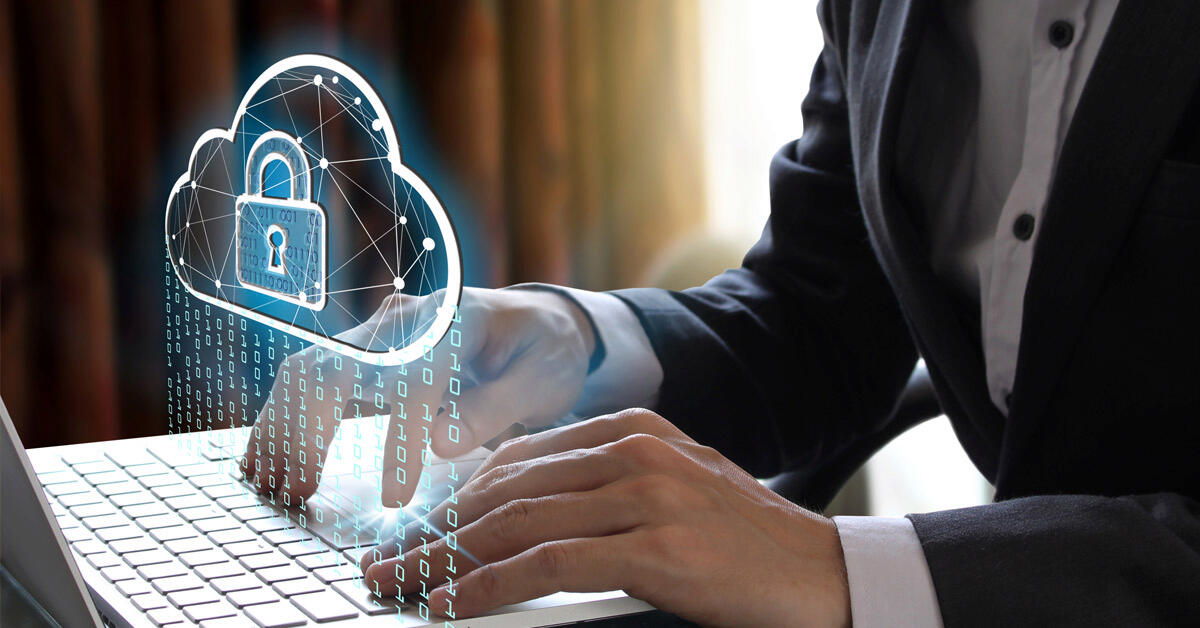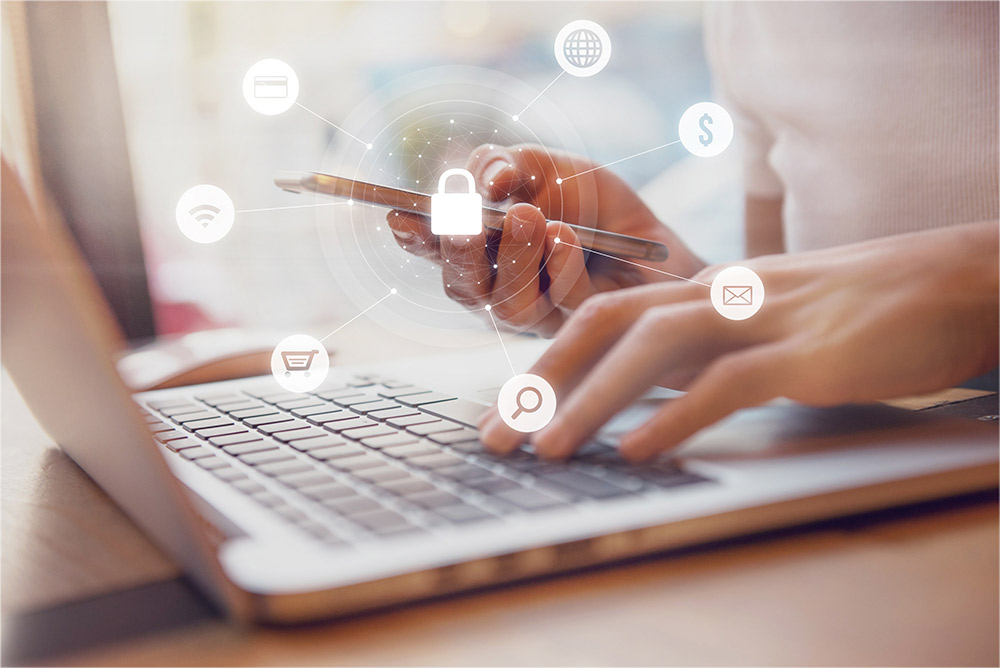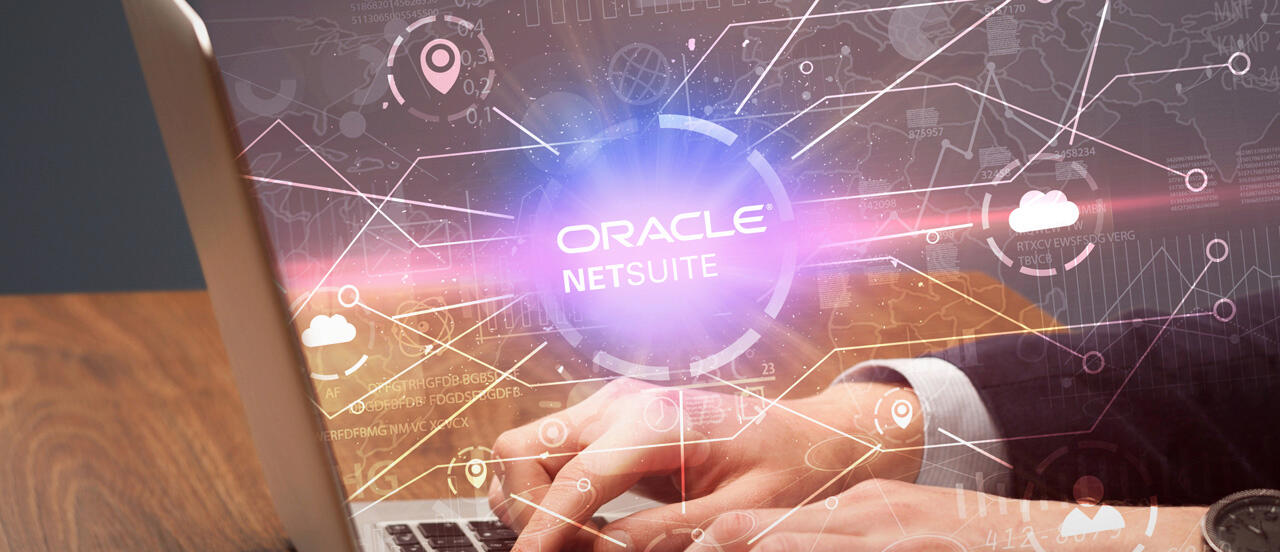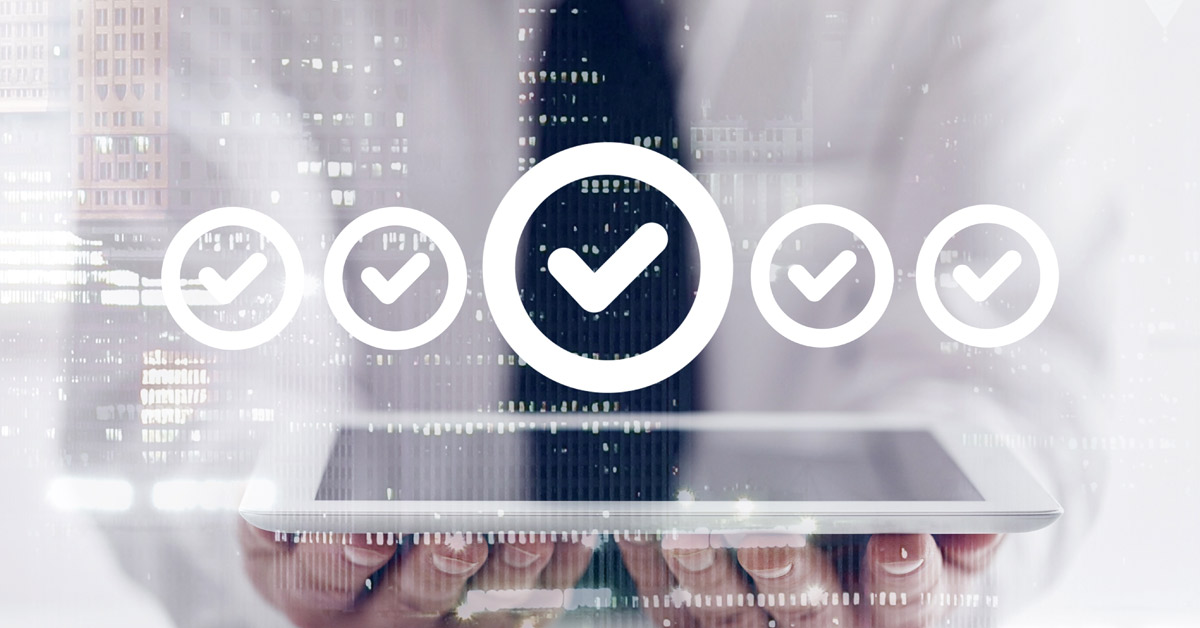Table of Contents:
- Understanding NetSuite Data Security
- What are NetSuite’s Incident Response Procedures?
- NetSuite Roles and Permissions: What Your Teams Need, and Don’t Need, to Know How
- Does NetSuite Handle Viruses from Email Spam?
- NetSuite Security Compliance in the Cloud
- How Does NetSuite Process Payments Securely?
- Is NetSuite GDPR Compliant?
- Is NetSuite HIPAA Compliant?
As more businesses start their cloud journeys they open themselves to the possibility of cyberattacks.
Cybercrimes are estimated to top $8 trillion annually, as reported by a recent Cybersecurity Ventures report. This number might even be considered a low estimation.
Now, more than ever, businesses need to invest in services and systems that offer robust cybersecurity features that will keep their data, and the data of their clients, safe.
That’s why finding the right Enterprise Resource Planning tool (ERP) is crucial. As one of the top ERPs offering robust cybersecurity, Oracle NetSuite is the solution for you.
Request More Info About How Your Data is Protected
Understanding NetSuite Data Security
NetSuite takes security seriously. They have implemented various measures to protect their customers' data from malicious threats like cyber-attacks and data theft.
As NetSuite is a fully cloud-based ERP solution, user data is stored in data centers. These large buildings, or dedicated spaces, are used to house computer systems that are designed specifically for data warehousing.
Currently, Oracle NetSuite runs data centers across North America, Asia, and Europe that are all geographically different.
Every data center has a counterpart. In the event that any data center becomes inoperable, NetSuite can still offer data mirroring, disaster recovery, and failover capabilities.
Some of the security feature benefits you will see from NetSuite’s dedicated data centers are:
Encryption
Any information sent while accessing Netsuite, including usernames and passwords, is protected using a widely accepted encryption system. Moreover, NetSuite offers encryption APIs and allows custom attribute encryption.
Operational Security
To detect malicious traffic attempting to access its servers and networks, NetSuite uses server- and network-based intrusion detection systems. A specialized security team sends security warnings to a Security Information and Event Management (SIEM) system.
Dedicated Security Team
Oracle NetSuite is committed to upholding security regulations. They keep an eye on alerts and look into any unusual system activity, such as attempted unauthorized connections and harmful software.
Data Center Performance Audits
The Data Centers undergo periodic audits. They check that equipment serviceability, personnel performance, and procedural compliance all meet or exceed industry requirements.

What are NetSuite’s Incident Response Procedures?
To satisfy the operational needs for incident response and resolution, NetSuite has established industry-leading incident response protocols.
The process includes confirming the incident, getting in touch with the relevant people, sending out alerts, preserving proof, and keeping records of the incident and related activities.
System incidents are reported and tracked through resolution using an incident ticketing system. Support staff members enter issues in incident tickets using the ticketing system. Such incidents are occasionally reported to customer administrators as well.
The incident ticket contains additional information, such as the impact on the service, to fix the problem. Support employees can also provide incident reports that include all of these details.

NetSuite Roles and Permissions: What Your Teams Need, and Don’t Need, to Know
Oftentimes, security issues can originate from within the organization. Realistically, businesses aren’t experiencing “James Bond” levels of spying and espionage.
Nevertheless, if untrained staff have open access to critical information, accidents can happen. Within NetSuite, companies can take advantage of the different Admin and User roles to help safeguard against any potential vulnerability.
Permissions and Restrictions
In general, permissions are allocated to roles and are applicable to the people to whom those roles are assigned. Permissions may also be given to employees, regardless of roles, if the global permissions option is enabled.
Roles have restrictions that apply to the users to whom they are allocated. You can impose the following categories of limitations:
Employee Restrictions
Employee access to transactions, customer, and employee records can be restricted based on set values, sales rep, and supervisor.
Class/Department/Location Restrictions
Class, department, and location roles can be restricted to employee, partner, and optionally item records. These roles have access based on the values within the class, department, or location field, respectively.
Subsidiary Restrictions (OneWorld only)
You can limit the transaction, customer, and vendor records that users with this role can edit. These roles have access based on these records' selected subsidiaries.

How Does NetSuite Handle Viruses from Email Spam?
In order to help lower the risk of email spam and viruses, NetSuite provides a number of best practices. One of these is the use of reputation checks to find and exclude suspected spam and viruses before content is delivered.
Additionally, NetSuite warns customers about phishing emails that seem like authentic websites, like the login page for netsuite.com.
Companies can set up DomainKeys Identified Mail (DKIM) signing. This helps keep email content intact and unchanged throughout the delivery process, to further defend against fraudulent emails.
Did you know?
Malicious files, such as zip files containing malware, can be distributed using fake copyright infringement notifications. Always be cautious when receiving any of these types of emails.
If you suspect any malicious actions related to your cybersecurity, reach out to one of our representatives through our support page.

NetSuite Security Compliance in the Cloud
Cloud compliance is the process of adhering to regulatory norms in accordance with business best practices within local, national, and international legislation.
Failure to abide by these strict regulations may result in legal challenges, sanctions, fines, and other unfavorable effects. The threat landscape is becoming more sophisticated, making cloud compliance and security more crucial than ever.
NetSuite ensures compliance across many different practices, from safe payment processing to GDPR compliance, HIPAA compliance, and more.
How Does NetSuite Process Payments Securely?
For credit card transactions and other digital payments, NetSuite offers integrated processing and secure data management. Only the safe, encrypted fields offered by NetSuite should be used to enter and preserve payment card information.
To avoid negative experiences, businesses should be vigilant when selecting a payment processor. The customer's credit card information is validated by a payment gateway, which also transfers money to the retailer.

Is NetSuite GDPR Compliant?
NetSuite is committed to helping customers comply with the General Data Protection Regulation (GDPR). To ensure GDPR compliance, NetSuite offers certifications, tools, and consulting services.
NetSuite customers can also take steps to make their websites GDPR-compliant.
- Adding a cookie consent bar
- Moving tracking codes to Google Tag Manager (GTM)
- Providing users with an opt-out option
- Ensuring all forms are GDPR compliant
- Ensuring all third-party integrations are GDPR compliant
Is NetSuite HIPAA Compliant?
Out of the box, NetSuite is not HIPAA compliant. But, there are many third-party tools available on top of NetSuite that can help organizations address compliance issues.
These tools offer:
- Automated transaction capabilities
- Improved data governance
- StratoKey encryption and tokenization
- And more.
Google Big Query is HIPAA compliant and would help your business meet compliance and manage your data. Check out our Big Query-enabled solution, Business Intelligence for Netsuite - Powered by GURUS, for all of your data management needs.

Do you work in Healthcare and require HIPAA compliance? Check out our FAQ page for more information on NetSuite for the Healthcare Industry.
